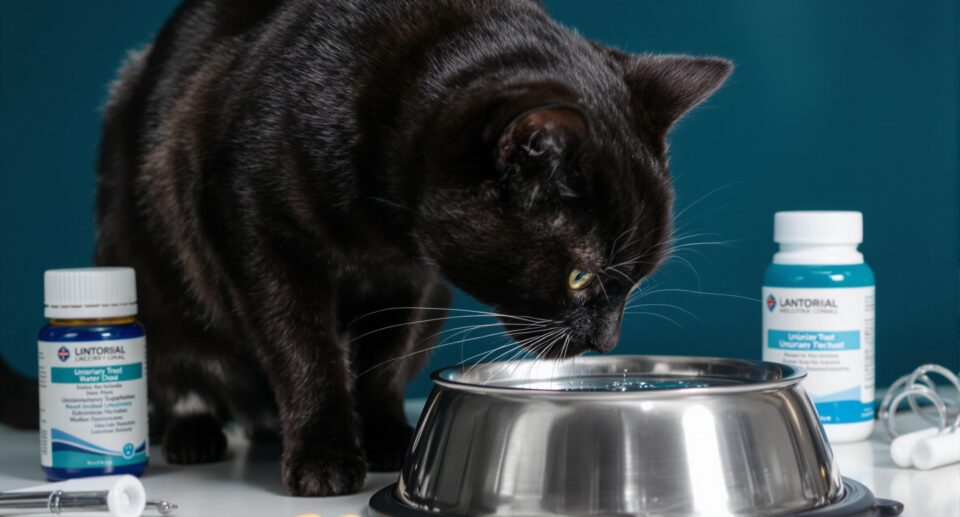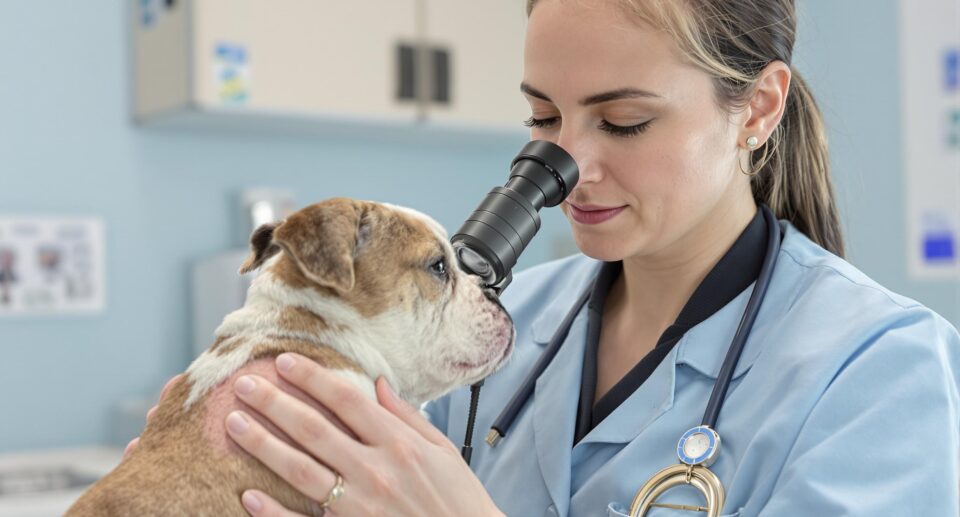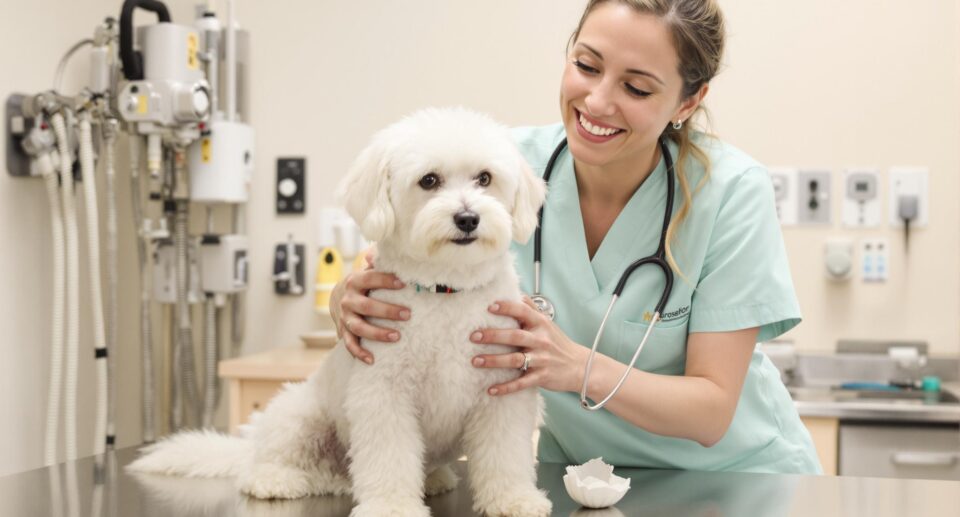Preventing Urinary Tract Issues In Cats

Urinary issues are one of the biggest threats to your cat’s health. Cats of all ages, both male and female, are prone to health issues that affect the bladder and kidneys.
One possible cause of the prevalence of urinary tract issues in cats are dry kibble diets. In the wild, most of a cat’s moisture intake comes from their food. When a domestic cat does not get enough moisture in their meals, they are unlikely to make up for it by drinking water.
Feeding a diet rich in moisture is a great way to protect your cat’s urinary tract. Adequate hydration and frequent urination flushes out bacteria and sediment from your cat’s bladder, keeping infections and stones at bay.
Whether your cat has a history of urinary issues or you’d like to protect your cat’s healthy urinary tract, regular veterinary visits are essential. Routine blood panels and urine tests detect kidney and bladder issues before they cause painful symptoms.
Urinary Tract Infections In Cats
A lower urinary tract infection (UTI) in cats is usually caused by E.coli bacteria, though it can be caused by other pathogens.
Symptoms of a UTI include frequent urination, passing only small amounts of urine, crying out in pain while urinating, and blood in urine. Some cats urinate outside the litterbox.
If you suspect your cat may have a UTI, see your veterinarian as soon as possible. Left untreated, a lower urinary tract infection can spread to the kidneys and may even cause life-threatening sepsis. Your veterinarian will determine if your cat has a urinary tract infection, and, if so, which type of bacteria is causing it. With antibiotics, most cats recover quickly.
It’s common for UTIs to recur. A urinary tract supplement that contains D-mannose is effective at preventing E.coli bacteria from sticking to the inside of the bladder and causing an infection.
Chronic Kidney Disease In Cats
Chronic kidney disease affects up to 35% of senior cats. Kidney stones, infections, tumors, and congenital deformations are some of the underlying causes of long-term kidney damage that leads to chronic kidney disease. Symptoms include unexplained weight loss, excessive thirst, and increased urination.
Unfortunately, cats generally do not show signs of chronic kidney disease until they have lost the majority of their kidney function. The disease cannot be cured or reversed, but progressive kidney damage can be slowed down and symptoms can be managed to improve the cat’s quality of life.
Urinary Stones In Cats
Urinary stones or uroliths occur when minerals clump together in your cat’s bladder, urethra, or less commonly, their kidneys. Tiny urinary stones are unlikely to cause symptoms, though sometimes the stones become large enough to irritate the urethra. Stones can partially or completely block the flow of urine.
Symptoms of urinary stones are similar to that of other urinary issues. Painful urination, blood in urine, and urinating outside the litter box are all signs that your cat may have urinary stones. Stones can be treated with medication, a change in diet, a nonsurgical procedure called lithotripsy, and in some cases, through surgery.
Other Causes Of Urinary Symptoms In Cats
Any time your cat has urinary problems, you’ll need to see your veterinarian for a diagnosis. Many conditions share similar symptoms. For example, increased thirst and urination are common symptoms of diabetes, hyperthyroidism, and Cushing’s disease.
All urinary symptoms should be considered urgent. If your cat is unable to pass urine or seems to be in distress, seek emergency veterinary treatment.





